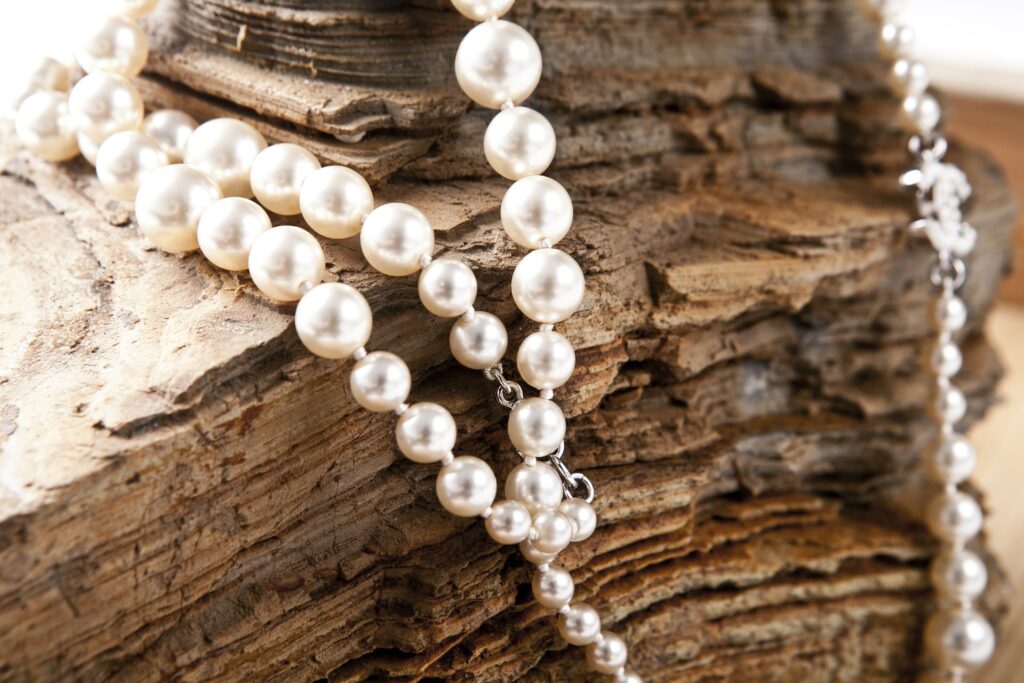 Americans love surveys (questions asking people’s opinions). For example, I recently saw a magazine survey in which Los Angeles was voted the second rudest (insulting; not very nice) city in the United States.
Americans love surveys (questions asking people’s opinions). For example, I recently saw a magazine survey in which Los Angeles was voted the second rudest (insulting; not very nice) city in the United States.
(“Only second?” I asked myself.)
Now, being rude or impolite isn’t anything new in big cities. In fact, according to this survey, the #1 rudest city in America is New York City. Number three is Washington, D.C., number four is Chicago, and number five is Boston.
You’re probably asking yourself, “How can I be rude to people when I visit these cities?”
Well, if you want to fit in (be like other people socially), here are two classic insults (disrespectful phrases) you can use.
Actually, these aren’t really bad insults, not the kind that will get you beat up (assaulted or physically hurt). They are the kind of “insults” that good friends may say to each other in fun.
“Age Before Beauty”
Your age is how old you are, of course. Beauty is how attractive or good looking you are.
Typically (usually), you use this insult when you’re walking with someone, let’s say (use as an example) your friend. You reach a doorway (where you enter a room) and one of you needs to go through first.
You hold the door open so that your friend can pass through (walk through), saying, “Age before beauty.”
You mean that your friend is old and that you are younger (and more beautiful), so your friend (“age”) should go first before you (“beauty”).
Note you can also use “Age before beauty” to flatter (give a compliment to; to say something nice about) someone.
If you go first through the doorway and say, “Age before beauty,” you are saying saying that the person who follows you is younger and/or more beautiful. This meaning is possible, but it’s not used as often as the insult, and is certainly less fun.
“Pearls Before Swine”
Pearls are small, hard, round balls with a beautiful shiny (usually white) surface (see photo). They actually grows in oysters, a type of animal in the sea with a shell.
Pearls are often used for necklaces. Good-quality pearls are very valuable (and cost a lot of money, as any man with a girlfriend or wife knows).
Swine is another name for a pig, a farm animal that I look like after I eat a big Thanksgiving dinner.
“Swine” is also an insulting term for someone who is a jerk, a person who isn’t very nice, though it’s not as common these days as it once was.
The expression “Pearls before swine” comes from the Bible (Matthew 7:6), when Jesus tells his disciples (followers) that they should not take spiritually valuable things and give them to people who do not want or appreciate them.
You can use “Pearls before swine” when you give or show something to others who don’t appreciate it, who don’t think it’s as good as it really is, as good as you think it is.
Let’s say I sing a song in front of my friends. They laugh and tell me that I’m a bad singer (that happens a lot, actually).
I might say to them, “Pearls before swine!” I mean that my singing is great but that pigs, like my friends, can’t appreciate its beauty.
Now you know two commonly-used insults you can try on your friends. I can’t guarantee, though, that you won’t get beat up.
Jeff
P.S. For more on insults in English and ways of getting into a fight, see these episodes in our Unlimited English program:
Daily English 1299: Trading Insults
https://secure3.eslpod.com/podcast/daily-english-1299-trading-insults/
Daily English 529: Insulting Other People
https://secure3.eslpod.com/podcast/esl-podcast-529-insulting-other-people/
Daily English 282: Offending Someone
https://secure3.eslpod.com/podcast/esl-podcast-282-offending-someone/
P.P.S. Like this short English lesson? Get a FREE sample lesson (no money needed) – SIGN UP BELOW!
Just fill out the form below and we’ll send a FREE lesson to try!
We hate spam, too! We will never sell, rent, or give your information to anyone – ever!
What Will I Learn in My Free Lesson?
Here is just a small part of what you’re going to learn in this free lesson:
- What “take a rain check” means and how to use it in a conversation . . .
- The difference between a “recluse” and a “busybody” . . .
- Why “to fend OFF” means something from “to fend FOR” . . .
- What it means to “take a rain check,” “keep to yourself,” and “to appoint (someone)” . . .
- What a social secretary is . . .
- The best way to use “to sort out” and “to turn down” . . .
- How to use phrasal verbs like “to settle in” and “to settle down” (they’re not the same!) . . .
And much, much more!





